On 16 November 2022, the Digital Services Regulation or Digital Service Act (DSA) came into force.[1] It regulates the obligations of digital content service providers, which allow consumers to access goods, services, and digital content. The DSA is intended to complete the digital single market and create liability and security regulations for digital platforms. The most important changes concern increased transparency requirements for online platforms and stricter public oversight over online platforms at the national and EU/EEA levels. This briefing focuses on the practical implications for businesses operating in the online environment.
1. To whom does it apply?
The DSA applies to a wide range of online intermediaries. There is a distinction between intermediary services, hosting services, online platforms, and very large online platforms. It is an essential factor for the applicability that the online intermediaries offer their services in the EU/EEA internal market. Small and micro businesses are excluded.
2. When is the DSA in force?
The DSA came into force on 16 November 2022. The online platforms have until 17 February 2023 to publish the number of active end users on their websites. However, the DSA will be directly applicable throughout the EU/EEA as of 17 February 2024.
3. Obligations of the providers of online platforms
The obligations arising from the DSA vary according to the actor. The criteria for distinguishing online actors are based on size, influence, and role.
3.1 The different online actors
There are four categories of actors: online intermediaries, hosting service providers, online platforms, and very large online platforms. Each of those has special obligations to fulfil.
- Online intermediaries are, for example, ISPs or domain name registrars.
- Hosting service providers provide cloud and web hosting services.
- Online platforms are social networks, content-sharing platforms, app stores, online marketplaces and online platforms for travel or accommodation.
- Very large online platforms are very large social networks such as Facebook and very large search engines such as Google. The most far-reaching obligations apply to very large online platforms. According to the DSA, platforms that reach more than 10% of the 450 million consumers in Europe must comply with specific rules.
3.2 Overview table

4. Sanctions
According to Art. 52 para. 3 DSA, the Commission may have direct supervisory and enforcement powers in the case of very large online platforms. Member States may impose fines of up to 6% of the global annual turnover of the relevant intermediary service provider in the most serious cases. Member States shall ensure that the maximum amount of fines that may be imposed for providing inaccurate, incomplete or misleading information, for failing to respond or to correct inaccurate, incomplete or misleading information, and for failing to tolerate an inspection is 1 % of the worldwide annual turnover of the relevant intermediary service provider or person in the preceding business year. Art. 52(4) DSA states that Member States shall ensure that the maximum amount of a periodic penalty payment is 5% of the average worldwide daily turnover or the average worldwide daily revenue of the intermediary service provider concerned in the preceding business year, calculated from the date specified in the relevant decision.
5. Consequences for Swiss companies
The DSA has an extraterritorial scope of application. This means that the DSA applies not only to providers within the EU/EEA area but also to service providers who offer their services to customers in EU/EEA member states, regardless of the place of authorization. Therefore, Swiss companies with customers in EU/EEA member states are directly affected. Depending on the qualifications of the Swiss online actor, Swiss companies are expected to comply with new obligations under the DSA. Swiss companies must continue to appoint a legal representative in the EU/EEA if they are subject to the DSA. This can be a natural person or a legal entity. Swiss companies must provide the competent authorities of the member states in which they offer their services with information on the legal representative and make this information publicly available, easily accessible, accurate and always up to date (cf. Art. 13 par. 1 – 4 DSA).
[1] Regulation (EU) 2022/2065 of the European Parliament and of the Council of 19 October 2022 on a single market for digital services and amending Directive 2000/31/EC, OJ L 277, 27.10.2022.





